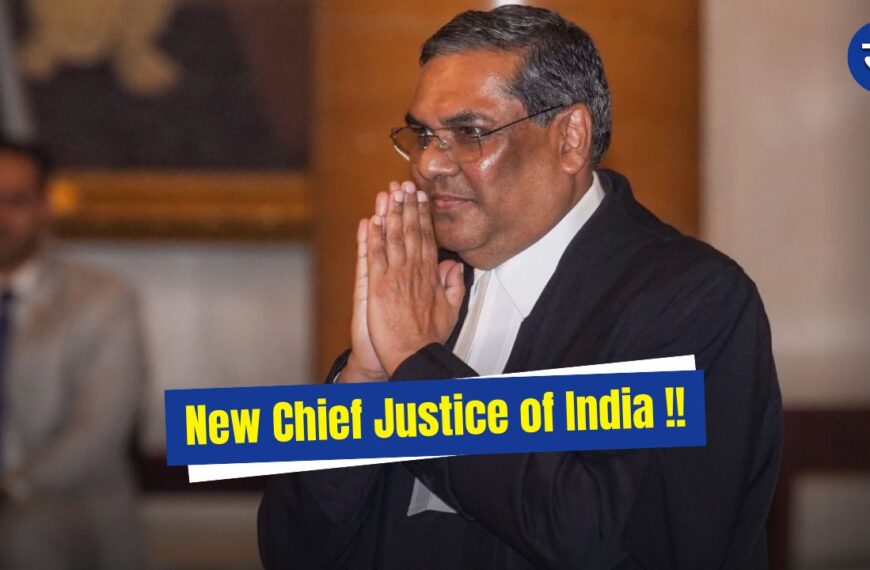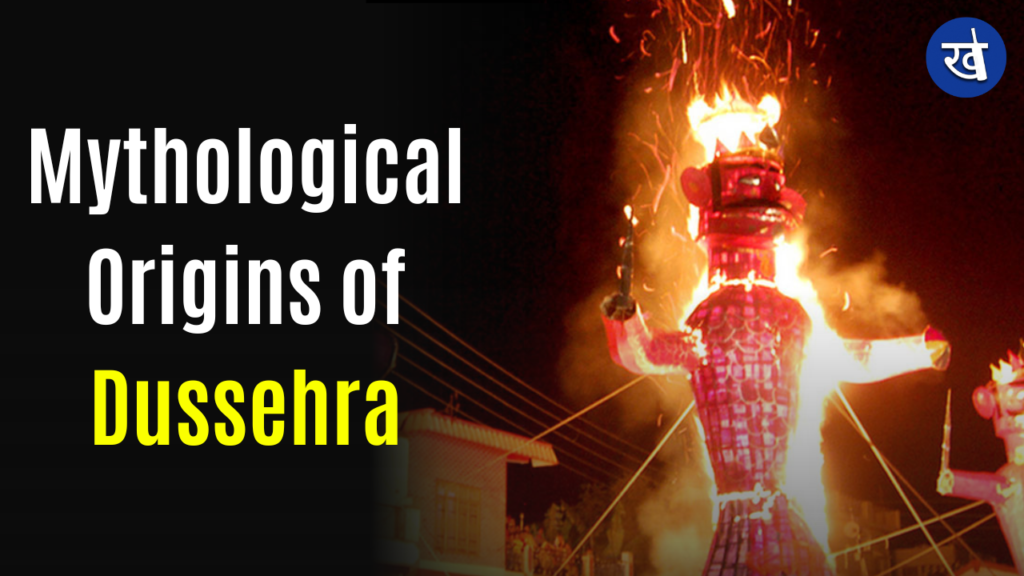
Dussehra 2023 is around the corner and the people are all geared up for the celebrations. But many of you are still unaware of the The Mythological Origins of Dussehra. Dussehra, also known as Vijayadashami, is a significant Indian festival that celebrates the victory of good over evil. Rooted in mythology, this vibrant festival holds deep cultural and spiritual importance. In this article, we will delve into the captivating stories of Lord Rama, Goddess Durga, and other reasons that make Dussehra a cherished occasion.
The Legend of Lord Rama and Ravana
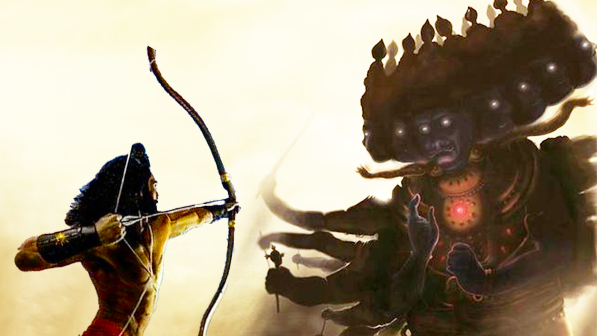
The major of all mythological origins of Dussehra is related to Lord Rama. At the heart of Dussehra lies the legendary tale of Lord Rama’s triumph over the demon king Ravana. According to the ancient epic, the Ramayana, Lord Rama, an embodiment of virtue and righteousness, sought to rescue his beloved wife, Sita, from the clutches of the ten-headed demon king, Ravana.
Ravana, although powerful, had committed grave sins and held Sita against her will. The battle between Lord Rama and Ravana raged on for ten days, culminating in the epic showdown on the tenth day, which is celebrated as Dussehra. Lord Rama’s unwavering devotion to truth, goodness, and dharma enabled him to defeat Ravana, symbolizing the victory of good over evil.
Goddess Durga’s Divine Valor
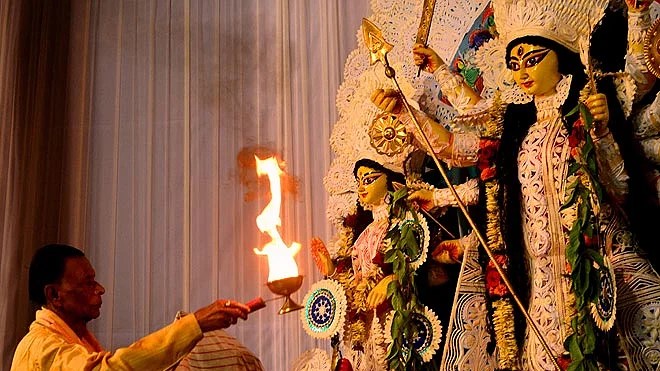
Another facet of Dussehra is the worship of Goddess Durga. In many parts of India, the festival coincides with Navaratri, a nine-day celebration dedicated to the fierce yet benevolent Goddess. Each day of Navaratri symbolizes one form of Goddess Durga, who represents different aspects of feminine power. The tenth day, Dussehra, marks the culmination of this worship.
Goddess Durga is revered for her strength, courage, and ability to combat evil forces. Her story, too, exemplifies the triumph of good over evil, making her an essential part of Dussehra celebrations. With this you got to know one of several Mythological origins of Dussehra.
Symbolism of Victory
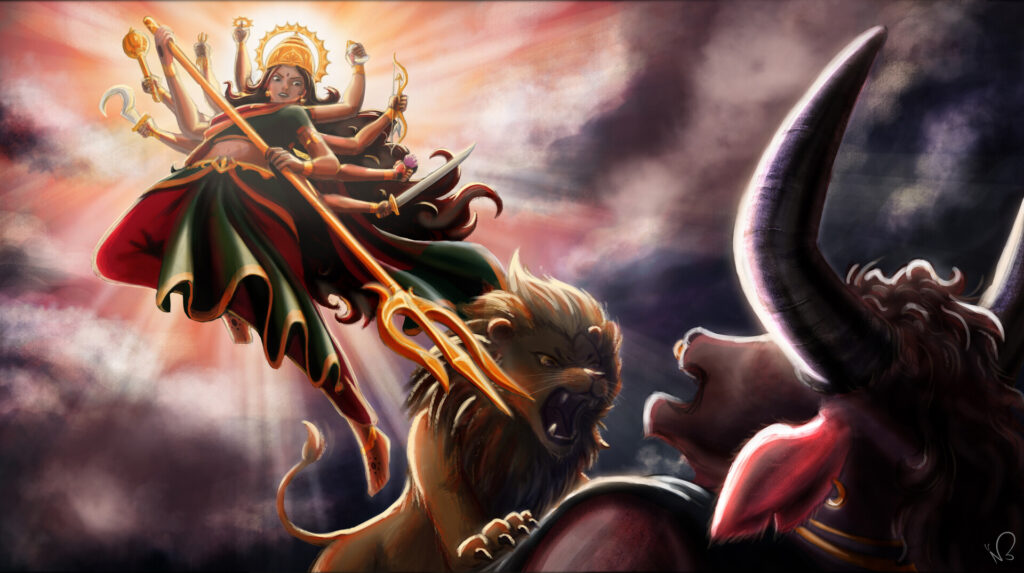
Apart from these mythological tales, Dussehra carries a broader message of victory and renewal. It’s a time to reflect on the triumph of good qualities like love, truth, and righteousness over negative attributes such as hatred, falsehood, and injustice. In the lead-up to Dussehra, effigies of Ravana, his brothers, and his son are burnt, signifying the destruction of evil influences in our lives.
Cultural and Regional Celebrations
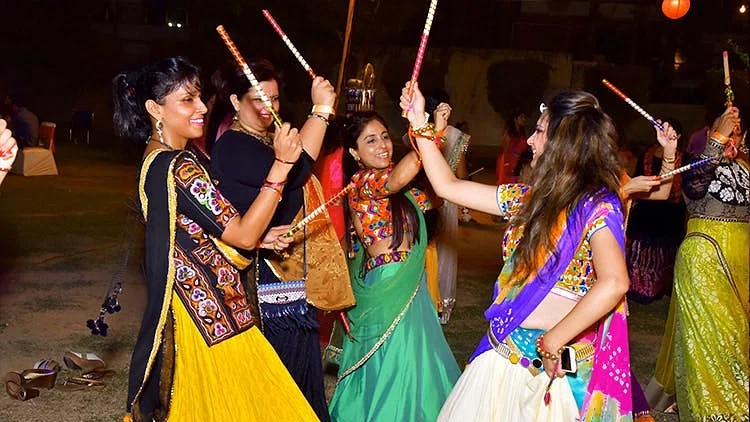
Dussehra is celebrated with enthusiasm and uniqueness across India. In the eastern part of the country, it marks the end of Durga Puja, with grand processions and idol immersions. In the northern and western regions, it is the culmination of Ram Leela performances, with the burning of Ravana’s effigies. In the southern states, it is a time for devotion and worship.
Dussehra is not merely a festival; it is a celebration of goodness prevailing over wickedness. Through the tales of Lord Rama, Goddess Durga, and the symbolic burning of Ravana’s effigies, the festival reminds us of the eternal battle between good and evil in our lives. It is a time to reflect on the values of truth, courage, and righteousness that can help us conquer the darkness within and around us, making Dussehra a truly illuminating and joyous occasion.
With its rich stories and meaningful traditions, Dussehra continues to be a cherished festival, spreading the message of hope and the ultimate triumph of light over darkness. Happy Dussehra!!



